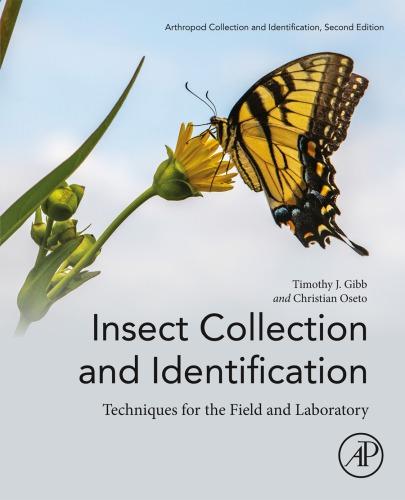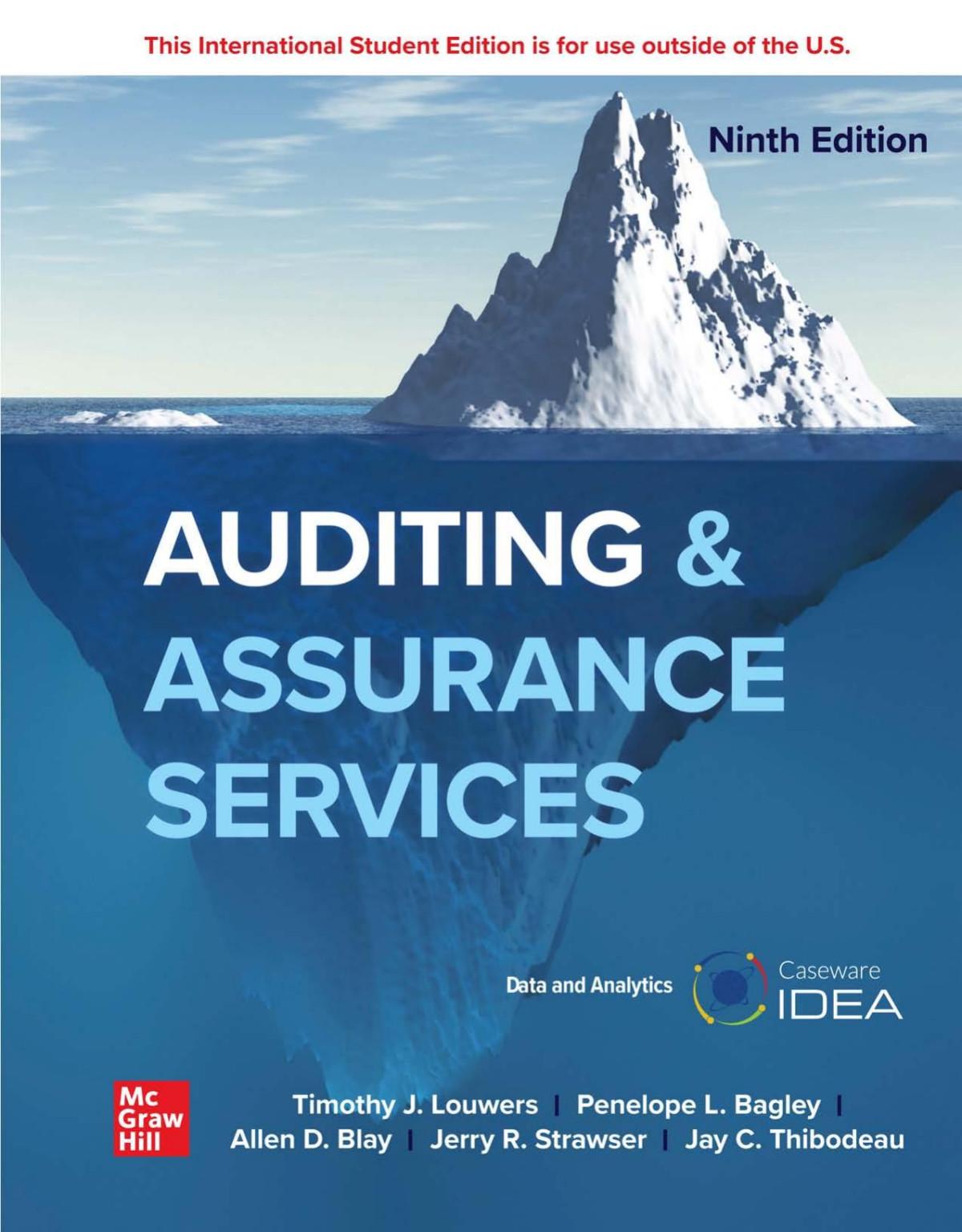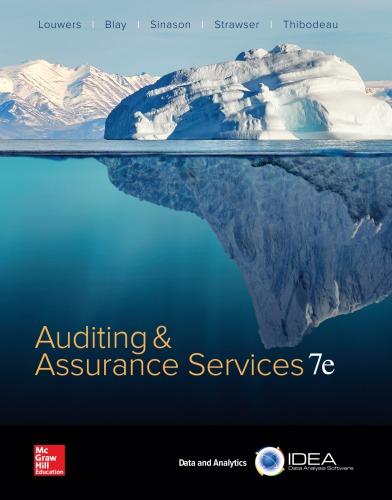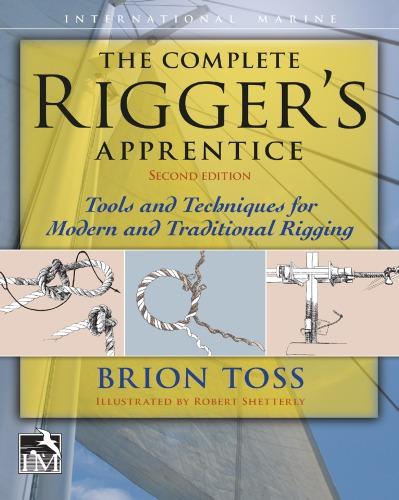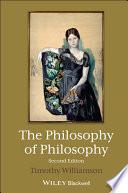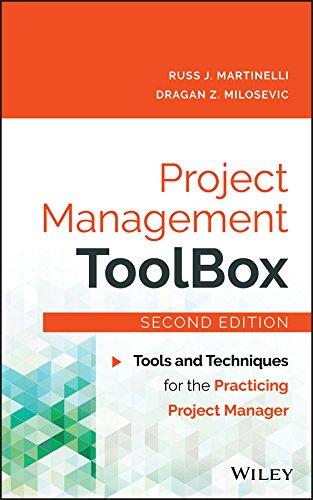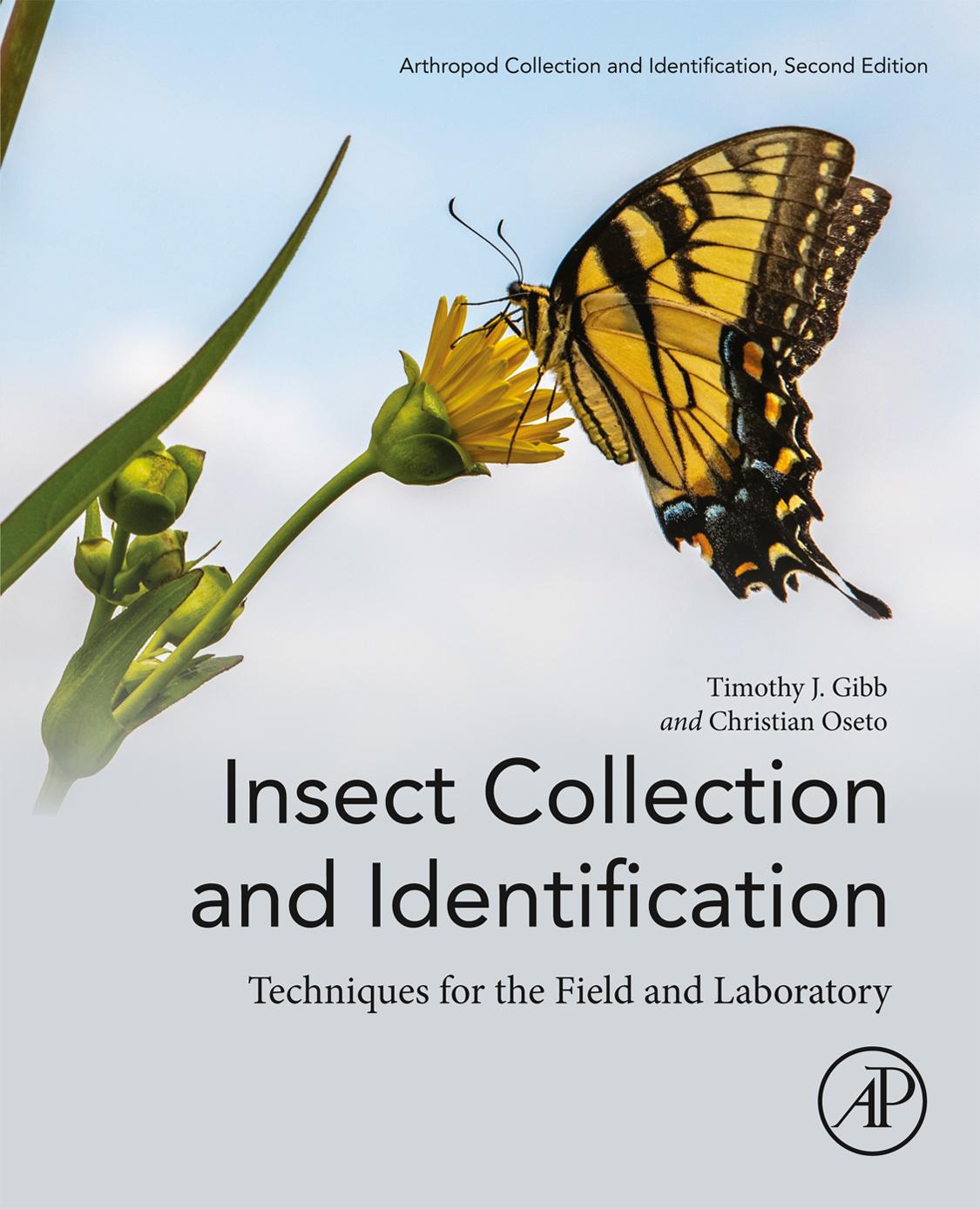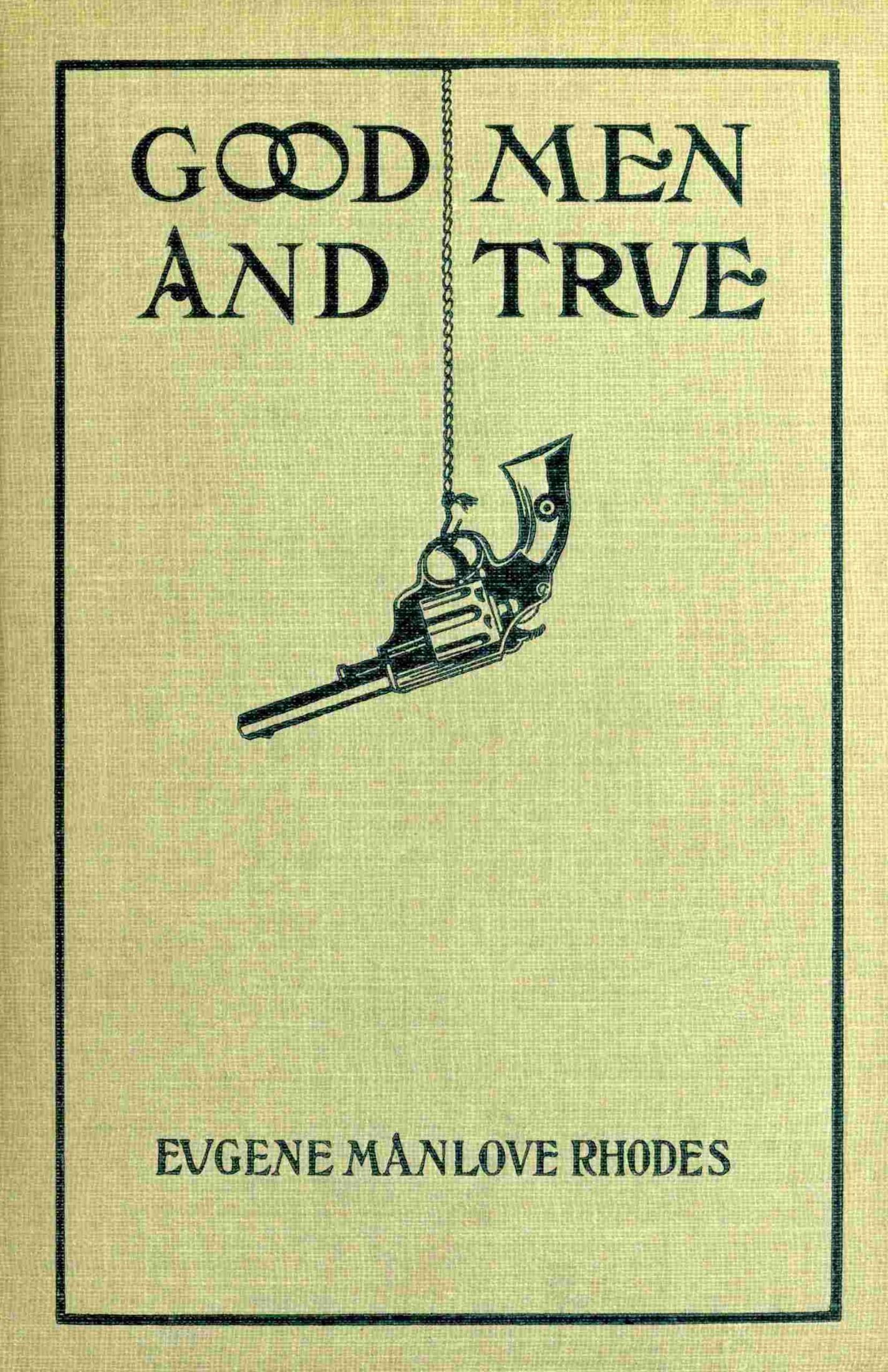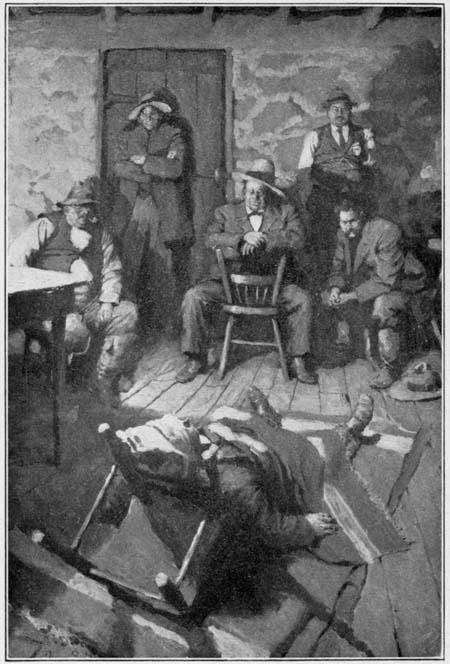Dedication
ToInsects. Forsome,dedicatingatexttoinsectsmayseemabsurdbut,forus, insectshaveshapedthecourseofourprofessionallives.Wehavespent ourentirecareerssharingourknowledgeabouttheseextraordinary creatures.Evenso,wehaveonlyscratchedthesurface.Itisanhonor todedicateourlivesandthisbooktotheirstudy.
Thispageintentionallyleftblank
3.1.2Drypreservation...............................................................................73
3.1.3Papering............................................................................................74
3.2 Mountingspecimens...................................................................................75
3.2.1Preparingdryspecimensformounting...........................................76
3.2.2Degreasing........................................................................................78
3.2.3Preparingliquid-preservedspecimens.............................................79
3.2.4Directpinning..................................................................................80
3.2.5Doublemounts.................................................................................83
3.2.6Pinningblocks..................................................................................87
3.2.7Mountingandspreadingboardsandblocks....................................88
3.2.8Mountingspecimensformicroscopicexamination........................96
3.3 Labeling.....................................................................................................109
3.3.1Paper.............................................................................................110
3.3.2Pens..............................................................................................110
3.3.3Ink.................................................................................................110
3.3.4Letteredandprintedlabels..........................................................110
3.3.5Sizeoflabels................................................................................111
3.3.6Labeldata.....................................................................................111
3.3.7Placingthelabels.........................................................................113
3.3.8Labelingvials...............................................................................114
3.3.9Labelingmicroscopeslides..........................................................114
3.3.10Identificationlabels......................................................................115
3.4 Careofthecollection................................................................................115
3.4.1Housingthecollection...................................................................115
3.4.2Protectingspecimensfrompestsandmold...................................118
3.5 Packagingandshippingspecimens...........................................................119
3.5.1Packingmaterials...........................................................................119
3.5.2Pinnedspecimens...........................................................................119
3.5.3Specimensinvials.........................................................................120
3.5.4Loadingcartons..............................................................................121
3.5.5Shippingmicroscopeslides...........................................................121
3.5.6Shippinglivespecimens................................................................122
4.2.1KeytoordersofArachnida...........................................................135
4.3 SubclassAcari...........................................................................................139
4.3.1KeytosomeprimarygroupsofthesubclassAcari......................140
4.4 ClassesDiplopoda,Chilopoda,Pauropoda,andSymphyla.....................142
4.5 ClassCrustacea.........................................................................................142
4.6 ClassHexapoda(Insecta)..........................................................................143
CHAPTER5Synopsisofinsectorders ......................................................
5.1 SubclassEntognatha:primitivewinglesshexapods.................................147
5.2 SubclassEctognatha:primitivewinglesshexapods.................................147
5.3 SubclassPterygota(Insecta):wingedandsecondarilywingless insects........................................................................................................148
5.3.1Exopterygota..................................................................................148
5.3.2Endopterygota................................................................................150
5.4 Keytoordersofhexapoda(Insecta).........................................................151
CHAPTER6Descriptionsofhexapodorders
6.1 Protura.......................................................................................................187
6.2 Diplura.......................................................................................................187
6.8 Orthoptera..................................................................................................193
6.9 Blattodea(Blattaria)..................................................................................195
6.10 Mantodea...................................................................................................196
6.11 Phasmatodea(Phasmida)...........................................................................197
6.12 Grylloblattodea(Grylloblattaria)..............................................................198
6.13 Dermaptera................................................................................................199
6.14 Isoptera......................................................................................................200
6.15 Embiidina(Embioptera)............................................................................202
6.16 Plecoptera..................................................................................................203
6.17 Psocoptera..................................................................................................205
6.18 Zoraptera....................................................................................................206
6.19 Phthiraptera................................................................................................207
6.20 Thysanoptera.............................................................................................208
6.21 Hemiptera..................................................................................................209
6.22 Coleoptera..................................................................................................212
6.23 Strepsiptera................................................................................................215
6.24 Mecoptera..................................................................................................216
6.25 Neuroptera.................................................................................................217
6.26 Trichoptera................................................................................................219
6.27 Lepidoptera................................................................................................220
6.28 Diptera.......................................................................................................224
6.29 Siphonaptera..............................................................................................228
6.30 Hymenoptera.............................................................................................229
Summary...............................................................................................................................235
AppendixI:Liquidpreservationformulas...........................................................................237
AppendixII:Guidelinesformountingsmallandsoft-bodiedspecimens (SystematicEntomologyLaboratory)..................................................................................239
AppendixIII:Directorystateextensionservicedirectorsandadministrators, March2019...........................................................................................................................243
AppendixIV:SubmittingspecimensforidentificationtoSystematicEntomology LaboratoryCommunications&TaxonomicServicesUnit.................................................263
Glossary................................................................................................................................271
Thispageintentionallyleftblank
GOOD MEN AND TRUE
Chapter I
“I always thought they were fabulous monsters. Is it alive?”
—TheUnicorn.
SUN and wind of thirty-six out-of-door years had tanned Mr. Jeff Bransford’s cheek to a rosy-brown, contrasting sharply with the whiteness of the upper part of his forehead, when exposed—as now —by the pushing up of his sombrero. These same suns and winds had drawn at the corners of his eyes a network of fine lines: but the brown eyes were undimmed, and his face had a light, sure look of unquenchable boyishness; sure mark of the unattached, and therefore carefree and irresponsible man, who, as the saying goes, “is at home wherever his hat is hung.”
The hat in question was a soft gray one, the crown deeply creased down the middle, the wide brim of it joyously atilt, merging insensibly from one wavy curve into another and on to yet a third, like Hogarth’s line of beauty.
Mr. Bransford’s step was alert and springy: perhaps it had even a slight, unconscious approach to a swagger, as of one not unsatisfied with himself. He turned at the corner of Temple Street, skipped lightsome up a stairway and opened an office door, bearing on its glass front the inscription:
SIMON HIBLER
“Is Mr. Hibler in?”
ATTORNEY-AT-LAW
The only occupant of the room—a smooth-faced and frank-eyed young man—rose from his desk and came forward.
“Mr. Hibler is not in town.”
“Dee-lightful! And when will he be back?” The rising inflection on the last word conveyed a resolute vivacity proof against small annoyances.
“To tell you the truth, I do not know. He is over in Arizona, near San Simon—for change and rest.”
“H’m!” The tip of the visitor’s nose twitched slightly, the brown eyes widened reflectively; the capable mouth under the brown mustache puckered as if to emit a gentle whistle. “He’ll bring back the change. I’ll take all bets on that. San Simon! H’m!” He shrugged his shoulders, one corner of his mouth pulled down in whimsical fashion, while the opposite eyebrow arched, so giving his face an appearance indescribably odd: the drooping side expressive of profound melancholy, while the rest of his face retained its habitual look of invincible cheerfulness. “San Simon! Dear, oh dear! And I may just nicely contemplate my two thumbs till he gets back with the change—and maybeso the rest!” He elevated the thumbs and cast vigilant glances at each in turn: half-chanting, dreamily:
“‘O, she left her Tombstone home For to dwell in San Simon, And she run off with a prairie-navigator.’
—Ran off, I should say.” His nose tweaked again.
The clerk was a newcomer in El Paso, hardly yet wonted to the freakish humor and high spirits that there flourish unrebuked—and indeed, unnoticed. But he entered into the spirit of the occasion. “Is there anything I can do?” he inquired. “I am Mr. Hibler’s chief and only—clerk.”
“No-o,” said the visitor doubtfully, letting his eyes wander from his thumbs to the view of white-walled Juarez beyond the river. “No-o— That is, not unless you can sell me his Rainbow ranch and brand for less than they’re worth. Such is my errand—on behalf of Pringle, Beebe, Ballinger and Bransford. I’m Bransford—me.”
“Jeff Bransford? Mr. Hibler’s foreman?” asked the young man eagerly.
“Mr . Jeff Bransford—foreman for Hibler—not of,” amended Bransford gently. His thumbs were still upreared. Becoming suddenly aware of this, he fixed them with a startled gaze.
“Say! Take supper with me!” The young man blurted out the words. “Mr. Hibler’s always talking about you and I want to get acquainted with you. Aughinbaugh’s my name.”
Bransford sat down heavily, thumbs still erect, elbows well out from his side, and transferred his gaze, with marked respect, to the clerk’s boyish face, now very rosy indeed.
Jeff’s eyes grew big and round; his lips were slightly parted; the thumbs drooped, the fingers spread wide apart in mutual dismay. Holding Aughinbaugh’s eyes with his own, he pressed one outspread hand over his heart. Slowly, cautiously, the other hand fumbled in a vest pocket, produced notebook and pencil, spread the book stealthily on his knee and began to write. “‘A good name,’” he murmured, “‘is rather to be chosen than great riches.’”
But the owner of the good name was a lad of spirit, and had no mind to submit tamely to such hazing. “See here! What does a cowboy know about the Bible, anyway?” he demanded, glaring indignantly. “I believe you’re a sheep in wolves’ clothing! You don’t talk like a cowboy—or look like a cowboy.”
Jeff glanced down at his writing, and back to his questioner. Then he made an alteration, closed the book and looked up again. He had a merry eye.
“Exactly how does a cowboy look? And how does it talk?” he asked mildly. He glanced with much interest over as much of his own person as he could see; turning and twisting to aid the process. “I don’t see anything wrong. Is my hair on straight?”
“Wrong!” echoed Aughinbaugh severely, shaking an accusing finger. “Why, you’re all wrong. What the public expects——”
Mr. Bransford’s interruption may be omitted. It was profane. Also, it was plagiarized from Commodore Vanderbilt.
“You a cowboy! Yah!” said Aughinbaugh in vigorous scorn. “With a silk necktie! Everybody knows that the typical cowboy wears a red cotton handkerchief.”
“How long since you left New York?”
“Me? I’m from Kansas City.”
“Same thing,” said Bransford coldly. “I mean, how long since you came to El Paso? And have you been out of town since?”
“About eight months. And I confess that my duties—at first in the bank and afterwards here, have kept me pretty close, except for a trip or two to Juarez. But why?”
“Why enough!” returned Jeff. “Young man, young man! I see the finger of fate in this. It is no blind chance that brought me here while Hibler was away. It was predestined from the foundations of earth that I was to come here at this very now to explain to you about cowboys. I have the concentrated venom of about twenty-one years stored away to work off on somebody, and I feel it in my bones that you are the man. Come with me and I will do you good— as it says in mournful Numbers. You’ve been led astray. You shouldn’t believe all you read and only half what you see.
“In the first place, take the typical cowboy. There positively ain’t no sich person! Maybe so half of ’em’s from Texas and the other half from anywhere and everywhere else. But they’re all alike in just one thing—and that is that every last one of them is entirely different from all the others. Each one talks as he pleases, acts as he pleases
and—when not at work—dresses as he pleases. On the range though, they all dress pretty much alike.—Because, the things they wear there have been tried out and they’ve kept only the best of each kind—the best for that particular kind of work.”
“They ‘proved all things and held fast that which was good,’” suggested Aughinbaugh.
“Exactly. For instance, that handkerchief business. That isn’t meant as a substitute for a necktie. Ever see a drought? If you did, you probably remember that it was some dusty. Well—there’s been a steady drought out here for two hundred and eight million years come August. And when you drive two, three thousand head of cattle, with four feet apiece, to the round-up ground and chouse ’em ’round half a day, cutting out steers, the dust is so thick a horse can’t fall down when he stumbles. Then mister cowboy folds his little hankie, like them other triangles that the ladies, God bless ’em, with their usual perversity, call ‘squares,’ ties the ends, puts the knot at the back of his neck, pulls the wide part overhis mouth and up over the bridge of his nose, and breathes through it! Got that? By heavens, it’s a filter to keep the dust out of your lungs, and not an ornament! It’s usually silk—not because silk is booful but because it’s better to breathe through.”
“Really, I never dreamed——” began Aughinbaugh. But Jeff waved him down.
“Don’t speak to the man at the wheel, my son. And everything a cowboy uses, at work, from hat to boots, from saddle to bed, has just as good a reason for being exactly what it is as that handkerchief. Take the high-heeled boots, now——”
“Dad,” said Aughinbaugh firmly. “I am faint. Break it to me easy. I was once an interior decorator of some promise, though not a professional. Let me lead you to a restaurant and show you a sample of my skill. Then come round to my rooms and tell me your troubles at leisure. Maybe you’ll feel better. But before you explain your
wardrobe I want to know why you don’t say ‘You all’ and ‘that-away,’ ‘plumb’ and ‘done gone,’ and the rest of it.”
“I do, my dear, when I want to,” said Bransford affectionately. “Them’s all useful words, easy and comfortable, like old clothes and old shoes. I like ’em. But they go with the old clothes. And now, as you see, I am—to use the metropolitan idiom—in my ‘glad rags’ and my speech naturally rises in dignity to meet the occasion. Besides, associating with Beebe—he’s one of them siss—boom—ah! boys— has mitigated me a heap. Then I read the signs, and the brands on the freight cars. And I’ll tell you one more thing, my son. A large proportion—I mean, of course, a right smart chance—of the cowboys are illiterate, and some of them are grand rascals, but they ain’t none of ’em plumb imbeciles. They couldn’t stay on the job. If their brains don’t naturally work pretty spry, things happen to ’em— the chuck-wagon bunts ’em or something. And they all have a chance at ‘the education of a gentleman’—‘to ride, to shoot and to speak the truth.’ They have to ride and shoot and speakin’ the truth comes easier for them than for some folks, ’cause if speaking the aforesaid truth displeases any one they mostly don’t give a damn.”
“Stop! Spare me!” cried Aughinbaugh. He collapsed in his chair, sliding together in an attitude of extreme dejection. “My spirits are very low, but——” He rose, tottered feebly to his desk and took therefrom a small bottle, which, with a glass, he handed to Bransford.
“Thanks. But you—you’re a tee-totaler?” said Jeff.
“A well—not exactly,” stammered Aughinbaugh. “But I have to be very careful. I—I only take one drink at a time!” He fumbled out another glass.
“I stumble, I stumble!” said Bransford gravely. He poured out a small drink and passed the bottle. “‘I fill this cup to one made up!’”—He held the glass up to the light.
“Well?” said Aughinbaugh, expectantly. “Go on!”
“That description can’t be bettered,” said Bransford.
“Never will I drink such a toast as that,” cried Aughinbaugh, laughing. “Let me substitute, Here’s to our better acquaintance!”
Chapter II
“Life
is just one damn thing after another.”
ANamelessPhilosopher .
AUGHINBAUGH closed the door behind him and paused, vastly diverted. His entrance had passed unnoted, muffled by the jerky click-click of the typewriter on which Jeff Bransford toiled with painful absorption. On Jeff’s forehead little beads of sweat stood out, glistening in the lamp-light. He scanned the last line, scowled ferociously, and snapped the platen back. His uncertain fingers twitched solicitously above the keys. Aughinbaugh chuckled offensively.
“‘Yond Cassius has a lean and hungry look; He thinks too much: such men are dangerous.’”
he declaimed.
Jeff whirled around. “Hello, here you are! Any news from our employer?” He rose with a sigh of relief and mopped his brow. “Gee! I’ve got to work the Jim-fidgets out of my fingers.”
Ignoring the query, Aughinbaugh took a step forward, drew up his slender frame, inflated his chest, spread one hand upon it, and threw up his other hand with a flourish of limber fingers. “‘Now is the time,’” he spouted forth at Bransford, mouthing the well-known words, “‘for all good men and true to come to the aid of the party!’”
Jeff grinned sheepishly. “I’ll dream that cussed thing to-night. How long did it take you to learn to play a tune on this fool contraption, anyhow?”
“It took me three months—to play on it anyhow. But then I already knew how to spell. I’ve been at it two years since and am still improving. I should estimate that you would need about eight years.
Better give it up. Try a maul or a piledriver. More suited to your capabilities. Why, Jeff, a really good stenographer can do first-class work in the dark.”
“Eight years? George, you’re an optimist. I’ve worked two solid hours on this one ‘simple little sentence,’ as you call it, and I’ve never got it right once. Sometimes I’ve come within one letter of it. Once I made a mighty effort and got all the letters right, but I forgot to space and ran the words together. And say—that simple little sentence hasn’t got near all the letters in it. B, j, k, q, v, x and z are left out.”
“Here, then—here’s one that contains every letter: ‘A quick move by the enemy will jeopardize six fine gunboats.’”
Jeff pulled pad and pencil to him. “Give me that again and I’ll take it down.” Repeating the alphabet slowly, he canceled each letter as he went. “Right you are! Say, the fellow that got that up was on the job, wasn’t he? Why didn’t you give me this one in the first place? Wonder if it’s possible to get ’em all in another sentence as short?”
“I think not,” said Aughinbaugh. “It’s been tried. But I don’t share your admiration for the last one. Besides reeking of militarism abhorrent to my peaceful disposition, it is stiff, labored, artificial and insincere. Compare it with the spontaneity, the beauty, the stately cadences, the sonorous fire, the sweep and swing of the simple, natural appeal: ‘Nowis the time for all good men and true to come to the aid of the party!’”
If it has ever been your privilege to observe a wise old she-bear watching her cubs at play and to note the expression of her face— half patience, tolerance, resignation; the remainder pride and approval—you will know exactly how Jeff looked. As for Aughinbaugh, he bore himself grandly, chin up. His voice was vibrant, resonant, purposeful; his eyes glowed with serious and lofty enthusiasm: no muscle quivered to a smile.
“Why, there is philosophy in it! The one unvarying factor of the human mind,” he went on, “is the firm, unbiased conviction that I am right, and all opposition necessarily, consciously and wilfully
wrong. This belief is the base and foundation of all human institutions, of sectionalism, caste, creeds, parties, states, of patriotism itself. It is the premise on which all wars are based. Mark, now, how human nature speaks from its elemental depths in the calm, complacent, but entirely sincere assumption that all good men and true will be unconditionally with the party!”
He warmed to his subject; he strode back and forth; he smote open palm with clenched fist in vehement gesture. Jeff snickered. George rebuked him with a stern and withering glance.
“I grant you that b, j, k, q, v, x and z are omitted. But what are b, j, k, q, v, x and z in comparison to the chaste perfection of this immortal line? Let them fitly typify the bad men and false who do not come to the aid of the party. Injustice is only what they deserve!”
Consigning b, j, k, q, v, x and z to outer darkness with scornful, snapping fingers, he poured a glass of water, sipped it slowly, with resolute suppression of his Adam’s apple, fixed Jeff with another severe glance, paused impressively, rose to his tiptoes with both hands outspread, and continued:
“Why, sir, this is the grandest line in literature! It should hang on every wall, a text worked on a sampler by tender, loving hands! It is a ready-made watchword, a rallying cry for any great cause! It might be sung by marching thousands. When, in a great crisis, the mighty statesman, the intellectual giant between whose puny legs we petty men do creep and peer about, has proclaimed the Fla-ag in Danger; has led us to stand at the parting of the ways; has shown that the nation must make irrevocable choice of good or evil; when our hearts are thrilled with the consciousness of our own virtue——” he sprang to a chair and flaunted his handkerchief in rhythmical waves —“this, then, is his crashing peroration: ‘Now is the time for all good men and true to come to the aid of the party!’”
Bowing gracefully, he carefully parted imaginary coat-tails and seated himself, beaming.
Jeff lolled contentedly back in his chair, puffing out clouds of smoke. “That’s a fine line of talk you get out. You sure did a wise thing when you quit the bank and took to studying law. You have all the qualifications for a successful lawyer—or a barker for a sideshow.” He tapped out his pipe and yawned lazily. “I infer from your slurring remarks about solemn, silly twaddle that you are not permanently tagged, classified, labeled and catalogued, politically?”
“I am a consistent and humble follower,” replied George, “of the wise Democritus, who, as I will explain for the benefit of your benighted ignorance, is known as the Laughing Philosopher. I laugh. Therefore I can truthfully say, to paraphrase the words of a famous leader, ‘I am a Democrit!’”
Jeff showed his teeth. “I guess I am, too—but I didn’t know what it was till you told me. Now I have a party, at last and now is the time for all good men and true—and that reminds me, my young and exuberant friend, that you have not yet told me when our esteemed and respected employer intends to return.”
“I do not quite like the tone you adopt in speaking of Mr. Simon Hibler,” said George icily. “It smacks of irreverence and presumption. Still less do I relish your persistent reference to him as ‘our’ employer. It amounts to an assumption of a certain equality in our respective positions that I cannot for an instant tolerate.” He strutted to the hearthrug and turned his back to the fire; he fiddled with his watch-chain; tone and manner were heavily pompous. “In a way, of course, Mr. Hibler might be said to employ us both. But I would have you realize that a vast gulf separates the social status of a lowly cow-servant, stolid and stunned, a brother to the ox, from that of an embryo Blackstone—like myself. I accept a position and receive a salary. You take a job and draw wages. Moreover, a lawyer’s clerk marries the youngest daughter and is taken into the firm. By the way, Hibler has no daughter. I must remind him of this. ‘Hibler & Aughinbaugh, Counselors at Law.’ That’ll look good in silver letters on a sanded, dark-blue background, eh, Jefferson? But soft! methinks my natural indignation has diverted me from your
question. No, my good fellow, I do not know when Mr. Hibler is returning to El Paso. Are you already tired of urban delights, Mr. Bransford?”
“I was tired of urban delights,” remarked Mr. Bransford, “before you were out of short dresses. However, I’ve waited this long and I’ll stay right here in El Paso till he comes. I bore myself some, daytimes, but we have bully good times of nights. You’re as good as a show— better. Tune up your Julius Cæsar!”
“Your attitude—if you will overlook the involuntary rhyme,” said George, “is one of base ingratitude. I endeavor to instruct and uplift you. You might be absorbing sweetness and light at every pore, acquiring a love for the true, the good and the beautiful—and you are merely amused! It is disheartening. As for this golden volume, this masterpiece of William Shakspere’s genius—‘which, pardon me, I do not mean to read’——”
“Oh, go on! Of course you’re going to read it. We’ve got almost through it. You left off just beyond ‘the-will-give-us-the-will, we-willhave-the-will.’”
“Why, you lazy pup, why didn’t you read it yourself? You have nothing to do. I have to work.”
“I did read it through to-day. And began at the first again. But,” said Jeff admiringly, “I like to hear you read it. You have such a lovely voice, Mr. Crow.”
Aughinbaugh bowed. “Thank you, Mr. Bransford, thank you! But I am proof against even such subtle and insidious flattery as yours. Hereafter, sir, I shall read no book through to you. I shall select works suited to your parts and your station in life and read barely enough to stimulate your sluggish mind. Then you can shell corn or be buried alive. To-night, for instance, I shall read some salient extracts from Carlyle’s ‘French Revolution.’ You will not in the least understand it, but your interest and curiosity will be aroused. You will then finish it, with such collateral reading as I shall direct.”
“Sure you got all those ‘shalls’ and ‘wills’ just right?” suggested Jeff. “It’s mighty easy to get ’em tangled up.”
“That is the only proper way to study history,” George went on, wisely ignoring the interruption. “Read history lightly, about some period, then read the best works of poetry or fiction dealing with the same events. Then come back to history again. The characters will be real people to you and not mere names. You will eagerly extend your researches to details about these familiar acquaintances and friends, and learn particulars that you would else have shirked as dull and laborious.” He took a book from the shelf. “I will now read to you—after you replenish the fire—a few chapters here and there, especially there, dealing with the taking of the Bastille.”
Without, a wild March wind shrilled and moaned at the trembling casements; within, firelight’s cozy cheer, Aughinbaugh’s slim youth lit by the glowing circle of the shaded lamp, the dusky corners beyond. The flexible voice sank with pity or swelled with hot indignation. And Bransford, as he listened to that stupendous, chaotic drama of incoherent clangorous World Bedlam, saw, in the glowing coals, tumultuous, dim-confused figures come and go, passionate, terrible and grim; the young, the gay, the beautiful, the brave, the brave in vain; fire-hearted, vehement, proud, swallowed up by delirium. Newer shapes, wild, portentous, spluttering, flashing, whirling, leaping in wild dervish dance. In the black shadows, in the eddying thick smoke, lurked crowding shapes more terrible still, abominable, malignant, demoniacal, imbecile—Proteus shapes that changed, dwindled, leaped and roared to an indistinguishable sulphurous whirlpool, sport of all the winds. Brief flashes of clearer light there were, as the smoke billowed aside; faces gleamed a moment distinct, resolute, indomitable, bright-sparkling; blazed high—and fell, trampled down by fresh legion-changing apparitions. Sad visions, some monstrous, some heroic, all pitiful; thronging innumerable, consuming and consumed.
“Likewise ashlar stones of the Bastille continue thundering through the dusk; its paper archives shall fly white. Old secrets come to view; and long buried despair finds voice. Read this portion of an old letter: ‘If for my consolation monseigneur would grant me, for the sake of God and the most blessed Trinity, that I should have news of my dear wife; were it only her name on a card to show that she is alive! It were the greatest consolation I could receive; and I should forever bless the greatness of monseigneur.’ Poor prisoner, who signest thyself Quéret-Démery, and hast no other history, she is dead, that dear wife of thine, and thou art dead! ’Tis fifty years since thy breaking heart put this question; to be heard now first, and long heard, in the hearts of men.”
A long silence. The fire was low. One dim, blurred form was there— an old man, writing, in a stone cell.
Aughinbaugh closed the book. His eyes were moist. “One of the greatest novels ever written, ‘The Tale of Two Cities,’ is based entirely upon and turns upon this last paragraph. Read that tomorrow and then come back to the ‘French Revolution.’ You’ll be around to-morrow night?”
Jeff rose, laughing. “You remind me of my roommate at school.”
“Your—what? Where?” said George in astonishment.
“Oh, yes, I’ve been to school, but not very long. When the boys used to stay too late he’d yawn and say to me: ‘Jeff, perhaps we’d better go to bed. These people may want to go home!’”
“Oh, well, it’s nearly twelve o’clock,” said George, unabashed. “And I have to work if you don’t. Bless you, my children, bless you! Be happy and you will be good! Buenasnoches!”
“Buenasnoches!”
A trolley car whirred by, with scintillation of blue-crackling sparks. Jeff elected to walk, companied by his storied ghosts—their footsteps sounded through the rustling leaves. The wind was dead; the night was overcast, dark and chill. Aughinbaugh’s lodgings were in the outskirts of the residence section; the streets at this hour were deserted. Jeff had walked briskly for ten minutes when, as he neared a corner in a quiet neighborhood, he saw a tall man in gray come from the farther side of the intersecting street just ahead. The gray man paused under the electric light to let a recklessly-driven cab overtake and pass him, and then turned diagonally over toward Jeff, whistling as he came. He was half-way across, and Jeff was within a yard of the corner, when another man, short and squat, hurried from the street to the left, brushing by so close that Jeff might have touched him. So unexpected was his appearance—for his footsteps had been drowned by the clattering cab—that Jeff was startled. He paused, midstep, for the merest fraction of a second. The town clock boomed midnight.
Thereafter, events moved with all the breathless unreality of dream. The second man turned across to meet the first. A revolver leaped up, shining in the light; he fired point-blank. The gray man staggered back. Yet, taken all unaware, so deadly swift he was that both men fired now together.
Nor was Jeff imprudently idle. He was in the line of fire, directly behind the short man. To the left, across the sidewalk, the hole of a tree was just visible beyond the house corner. Jeff leaped for this friendly shelter and butted headlong into human ribs.
A one-hundred-and-sixty-pound projectile deals no light blow, and Jeff’s initial velocity was the highest he could command at such slight notice. The owner of the ribs reeled out into the street, beyond the shadows. A huge man, breathless, gasping, with a revolver drawn; his thumb was on the hammer. So much Jeff knew and closed on him, his left hand clutched the gun, the hammer was through his finger. They wrenched and tore at the gun; and had the bigger man grappled now he might have crushed Jeff at once,
broken him by main strength. But he was a man of one idea—and he had a second gun. A violent jerk threw Jeff to his knee, but he kept his desperate grip. The second gun flashed in the giant’s left hand, rising and falling with the frontier firing motion; but Jeff’s own gun was out, he struck up the falling death, the bullet sang above him. He was on his feet, in trampling, unreal struggle; again he struck the gun aside as it belched fire. Turning, whirling, straining, Jeff was dizzily conscious that the men beneath the light were down, both still shooting; the cab had stopped, men were running toward him shouting. The giant’s dreadful strength was undirected, heaving and thrusting purposeless; time for order and response would be time for crashing death to find him; his one frantic thought was to shoot first, to shoot fast. Shaken, tossed and thrown, Jeff kept his feet, kept his head, kept close in; as the great man’s gun rose and fell he parried with his own. Three shots, four—the others fired no longer; five—one more—Six! It was warded, Jeff drew back, fired his first shot from his hip; the giant dragged at him, heaved forward, and struck out mightily, hammerwise. Jeff saw the blow gleaming down as he fired again. Glint of myriad lights streamed sparkwise across an infinite blackness; he knew no more. The clock was still striking.
Chapter III
“Please go ’way and let me sleep, I would rather sleep than eat!”
—TheSluggard.
“HE’S coming round. That man’s suhtenly got a cast-iron skull. Such a blow with a .45 would ’a’ killed most fellers. What you goin’ to do with him, Judge?”
“I don’t know. It strikes me that he would be a valuable man for us. That was the nerviest performance I ever saw. Had I been told that any one could mix it that way with Oily Broderick and two guns, and get off with it scot-free except for this little love tap, I should never have believed it.” The voice was rich, clear, slow, well-modulated. “Perhaps he may be induced to join us. If not——”
The words reached Jeff from immeasurable distances. He was floating on a particularly soft and billowy cloud at the time: a cloud with a buoyant and undulant motion, very soothing. Jeff noted it with approval. Underneath and a little ahead, a high and exceedingly steep mountain rose abruptly from the sea. It was built entirely of piled, roundish boulders. The contour seemed familiar. Madagascar, of course! How clever of him to remember! Jeff turned the cloud. It sank in slow and graceful spirals to the peak. Doubtless the voices came from there. The words seemed to have an unexplained connection with some circumstance that he could not quite recall. He felt the elusive memory slipping away. However, it made no difference. He drifted into a delicious vagueness.
Something hard was forced between his teeth; a fiery liquid trickled down his throat. He gasped and struggled; his eyes fluttered open. To his intense disappointment the cloud was gone. An arm was propping him up. Mysterious blankets appeared before him from
somewhere or other. On them lay an arm and a bandaged hand. The hand was hurting some one very much. Jeff wondered whose it was. He looked at the hand fixedly for a long time and, on further examination, found it to be his own. Here was a pretty state of affairs!
A pillow was thrust behind him and the supporting arm withdrawn. At once he felt a throbbing pain in his head. He put his hand up and lo! his head was also heavily bandaged! He regretted Madagascar more than ever. He settled back for reflection. Looking up, after a little, he saw a chair with the back turned toward him; astride the chair, a middle-aged man, large, clean-shaven, rosy, well-dressed, and, as it seemed to Jeff, unnecessarily cheerful. His eyes twinkled; his hands, which were white and plump and well kept, played a little ditty on the chair-back. There was a ruby on one finger. Beyond him sat a gross, fat man with a stubbly beard, a coarse, flat nose and little, piggish, red eyes. His legs were crossed and he smoked a villainous pipe. There were other men behind these two. Jeff was just turning to look at them when his attention was recalled by a voice from the man astride the chair.
“And how are we now, my young friend? A trifle dazed, I fancy? Something of a headache?” He showed his white teeth in a friendly smile; his voice was soft and playful. “Are we well enough to eat something? What with our recent disagreeable shock and our long abstinence from food, we must find ourself rather feeble.”
Jeff stared at the man while he digested this communication. “A little coffee,” he said at last. “I can’t eat anything now. I am dizzy and most everlasting sick at my stomach. Put out that damned pipe!”
The soft-voiced man chuckled delightedly, as if he found this peremptory command exquisitely humorous. “You hear, Borrowman? Evidently Mr. Bransford is of those who want what they want when they want it. Bring a little soup, too. He’ll feel better after he drinks his coffee.”
The man addressed as Borrowman disappeared with a shuffling gait. Jeff lay back and considered. His half-shut eyes wandered around. Whitewashed stone walls, a heavily-ironed door, no window—that was queer, too!—floor and ceiling of rough boards, a small fireplace, two chairs, a pine table, a lighted lamp. That was all. His gaze came back to the man in the chair, to find that gentleman’s large blue eyes watching him with a quizzical and humorous look a look highly suggestive of a cat enjoying a little casual entertainment with a mouse. In his weakened condition Jeff found this feline regard disconcerting.
The coffee came, and the soup. After Jeff’s refreshment the man in the chair rose. “We will leave you to the care of our good Borrowman,” he said, baring his white, even teeth. “I will be back this evening and, if you are stronger, we will then discuss some rather momentous affairs. Go to sleep now.”
The caressing advice seemed good. Jeff was just dropping off when a disturbing thought intruded itself.
This evening? Then it must be day now. Why did they burn a lamp in daytime? The problem was too much for Jeff. Still pondering it, he dozed off.
When he woke the lamp was yet burning; the objectionable fat man sat by the fire. When he turned his head, presently, Jeff was startled to observe that this man had got hold of an entirely new set of features. Here was an extraordinary thing! Hard features, and unprepossessing still, but clean at least. How very curious!
After a while a simple solution presented itself. It was not the same man at all! Jeff wondered why he had not hit upon that at first. It seemed that he had now become a body entirely surrounded by fat men—no—that wasn’t right. “Let me—let me name the Supreme Court of a nation and I care not who makes the laws.” No, that was John Wesley Pringle’s gag. Good old Wes’! Wonder where he is? He wasn’t fat. How did that go? Oh, yes! “Let me have men about me that are fat!”—Something snapped—and Jeff remembered.
